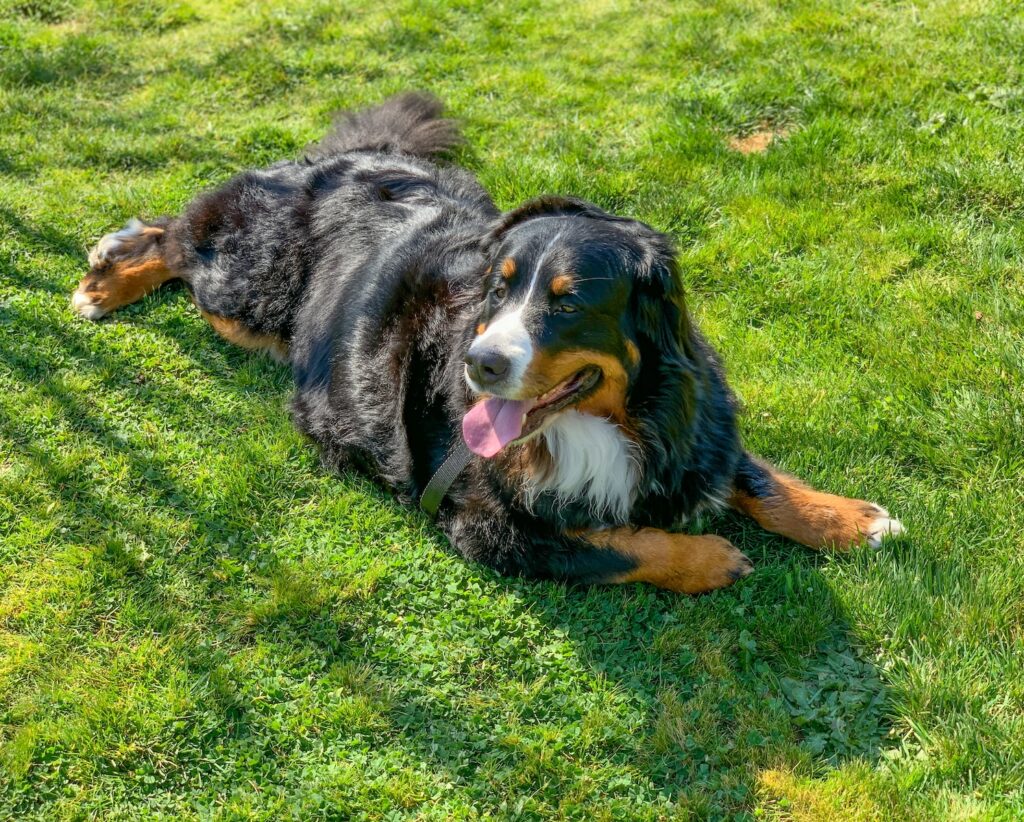Can Dogs Eat Chestnuts? — Yes, They can
Chestnuts are safe for dogs to consume in moderation. However, it’s important to note that they should be cooked and prepared properly before feeding them to your furry friend. Raw chestnuts can be difficult for dogs to digest and may cause digestive issues.
Can Puppies Eat Chestnuts?
It is generally recommended to avoid feeding chestnuts to puppies, especially if they are not fully cooked. Puppies have more sensitive digestive systems and may have difficulty digesting chestnuts. It’s always best to consult with your veterinarian before introducing any new food to your puppy’s diet.
Things to consider when feeding chestnuts to puppies?
Puppies have developing bodies and different nutritional needs compared to adult dogs. When it comes to chestnuts, it is important to consider their small size, as they can pose a choking hazard for puppies. Additionally, puppies may have a harder time digesting chestnuts, so it’s best to introduce them gradually and observe for any adverse reactions.
Nutritional Benefits of Chestnuts for Dogs — Why Chestnuts are good for Dogs?
1. Rich in Vitamins and Minerals
Chestnuts are packed with various vitamins and minerals beneficial for dogs’ overall health. They are a good source of vitamin C, vitamin B6, magnesium, and potassium.
2. High in Fiber
Chestnuts contain a good amount of dietary fiber, which can aid in digestion and promote regular bowel movements for dogs.
3. Provides Energy
Chestnuts are a great source of carbohydrates, providing dogs with a natural energy boost. This can be especially beneficial for active dogs or those involved in rigorous physical activities.
4. Antioxidant Properties
Chestnuts are rich in antioxidants, which can help protect dogs’ cells from damage caused by harmful molecules called free radicals. Antioxidants play a crucial role in promoting overall health and reducing the risk of chronic diseases.
5. Gluten-Free Option
Chestnuts are gluten-free, making them a suitable alternative for dogs with gluten sensitivities or allergies.
Potential Allergies: Can Dogs Be Allergic to Chestnuts?
While chestnuts are generally safe for dogs, some individuals may be allergic to them. Allergic reactions can vary from mild to severe and may include symptoms such as itching, digestive upset, skin rashes, or difficulty breathing. If you notice any signs of an allergic reaction after feeding your dog chestnuts, discontinue their consumption and consult your veterinarian.
Symptoms of Chestnut Allergies in Dogs
- Hives or skin rashes
- Itchy or inflamed skin
- Gastrointestinal distress (vomiting or diarrhea)
- Difficulty breathing
- Swelling of the face, lips, or tongue
What to Do If Your Dog Shows Symptoms?
- Immediately stop feeding your dog chestnuts
- Monitor your dog closely for any worsening symptoms
- Contact your veterinarian for further guidance
Recommended Amount: How Much Chestnuts Can a Dog Consume?
When it comes to feeding chestnuts to your dog, moderation is key. It is recommended to limit the amount of chestnuts your dog consumes due to their higher carbohydrate content. As a general guideline, a small-sized dog can be given one or two chestnuts as an occasional treat, while larger dogs can have a slightly higher quantity. However, always consider your dog’s overall diet and consult with your veterinarian for personalized advice.
Things to Consider When Feeding Chestnuts to Dogs
Before incorporating chestnuts into your dog’s diet, ensure they are fully cooked and free from any seasoning or additives that may be harmful to dogs. Remove the shell and chop them into smaller, manageable pieces to prevent choking hazards. Remember to introduce new foods gradually and monitor your dog for any adverse reactions.
How to Feed Chestnuts to Dogs: A Quick Guide
Feeding your dog chestnuts can be a delightful and nutritious experience. Here’s a simple guide to ensure safe consumption:
Roasted Chestnuts
1. Preheat the oven to 400°F (200°C).
2. Make an incision on the flat side of each chestnut using a sharp knife.
3. Place the chestnuts on a baking sheet and roast them for about 20–30 minutes until the shells open.
4. Once cooled, remove the shells and chop the chestnuts into small, bite-sized pieces.
Chestnut Puree
1. Boil a pot of water and add the chestnuts. Cook them for about 20–30 minutes until soft.
2. Drain the water and allow the chestnuts to cool.
3. Peel off the skin by squeezing each chestnut gently.
4. Blend the peeled chestnuts in a food processor until smooth and creamy.
Conclusion
Chestnuts can be a safe and nutritious addition to your dog’s diet when prepared and fed in moderation. They offer various vitamins, minerals, and dietary fiber that can benefit your furry friend’s overall health. However, always be mindful of potential allergies, introduce new foods gradually, and consult with your veterinarian for personalized guidance regarding your dog’s specific nutritional needs.






